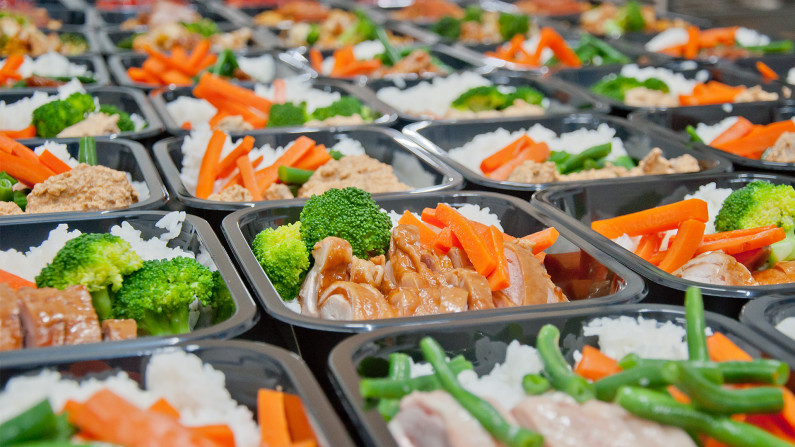Conquering Food Pathogen’s - Know The Enemy
6 July 2019

The shelf life of a food product is determined by how well one can restrict the growth of Spoilage Microorganisms. Spoilage of food occurs by enzymes produced from growth microorganisms present in food. The result is food becomes unfit for human consumption.
The 2 main types of pathogenic bacteria to be aware when processing food are:
- clostridium perfringen – usually associated with meat and poultry, and
- bacillus cereus – associated with dairy products.
Factors influencing bacterial growth are:
- the type of microflora present and the initial population
- levels of oxygen, moisture, light and temperature
- composition of the ingredient, such as PH level, presence of preservatives and packaging properties
- how the product has, or has not, been thermally processed; sterilised, pasteurised or frozen
- food properties; pH level, water activity, presence of preservatives either natural or added
- environmental factors; temperature, relative humidity, gaseous atmosphere
Throughout each stage of manufacturing an extended shelf life product, understanding how the process flow will impact the integrity of the goods produced is key.
Going into Battle
A firm foundation
- Combating pathogenic bacteria begins with good food handler hygiene, cleaning and sanitisation practices. Do the basics well to lay a strong foundation
Know your limitations
- Differing ingredients hold different challenges; know the microbiological risks associated with each ingredient you intend to process
Establish control
- Critical control points are essential at each stage where potential contamination may possibly occur; control these stages of the process and minimise risk.
Set achievable goals
- An overloaded production schedule will cause people to cut corners and potentially undermine the integrity of the product. Your desired shelf life is only a reality when its been approved through a testing process.
Assess the environment
- In some cases, filtration of air and validation or purification of water supply is required; what goes in defines what comes out.
Equip yourself correctly
- Ensure the processing equipment is fit for purpose and is able to verify the required temperatures and times throughout the thermal processing stages; a correctly equipped kitchen will reduce risk as well as drive efficiency.
Wrap it up effectively
- The packaged format throughout processing and the finished products is integral to providing the required protection barriers, storage requirements and labelling.
Validate the results
- Ensure the microbiological integrity of the product post processing through microbiological testing; guarantee your customers, reputation and products produced are safe.
At Regethermic our passion is partnering with our customers to achieve the best results, we not only sell the equipment to optimise your product but also understand the processes involved as well, call the team at Regethermic for further information.